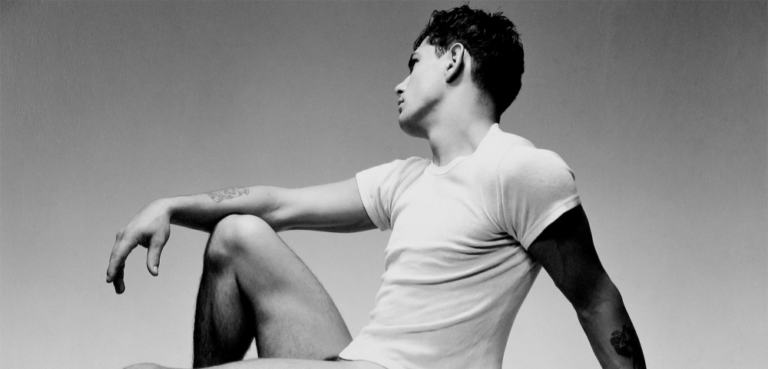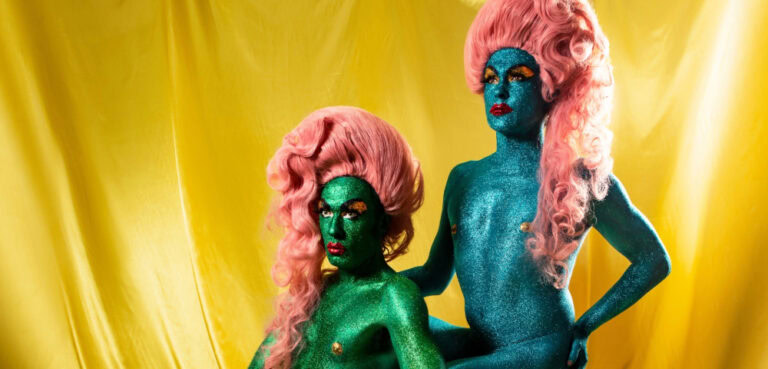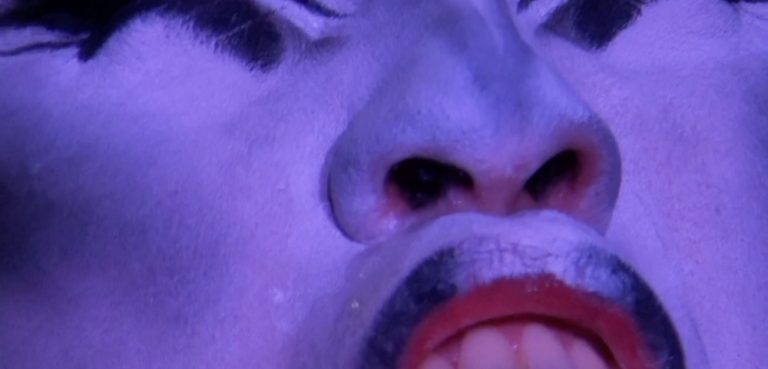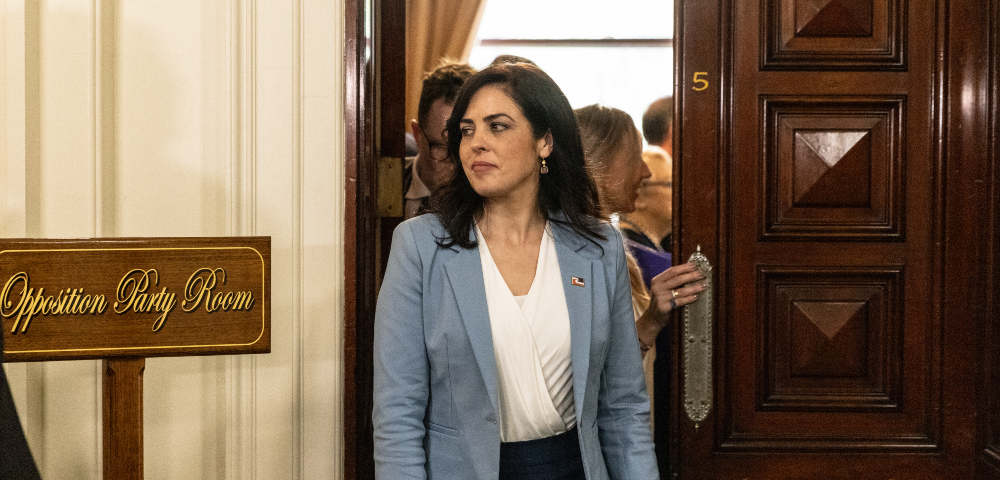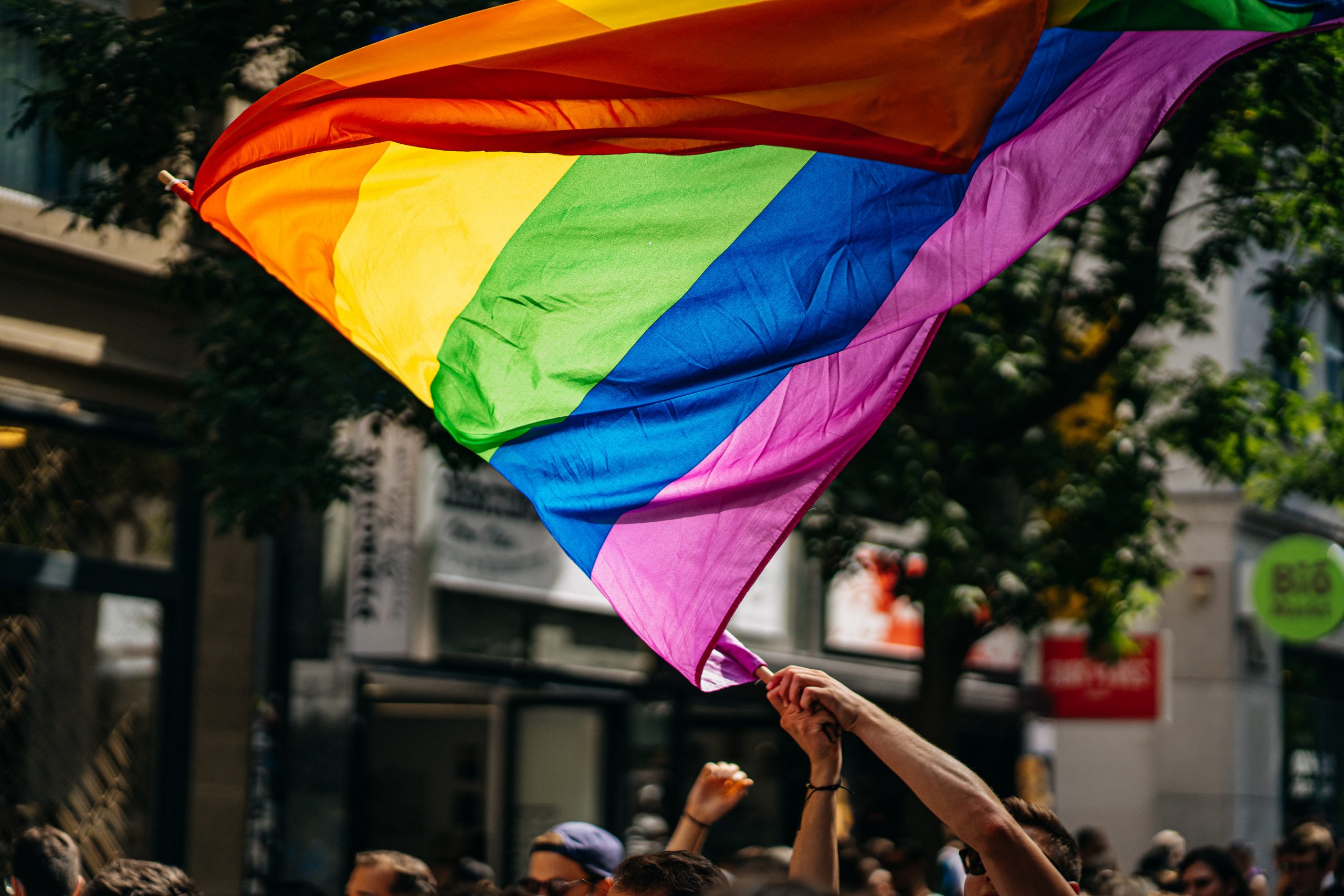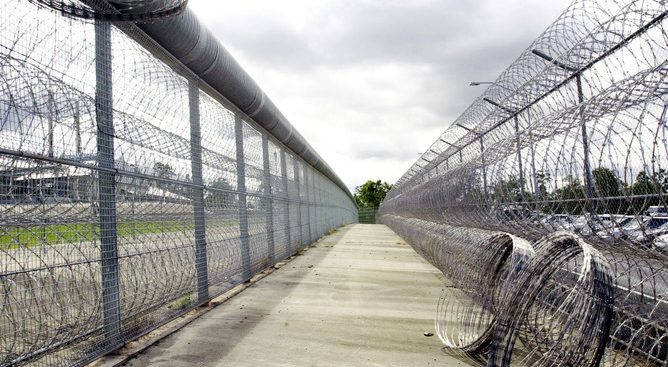
The Doodler Podcast Explores Gay Serial Murders In 1970s San Francisco
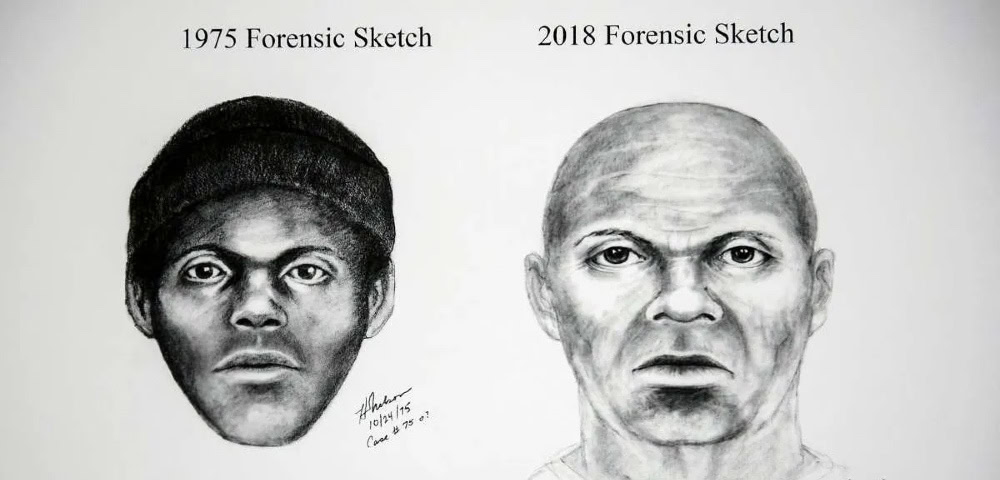
The Doodler was one of the most prolific killers targeting gay men in San Francisco, who left his mark by sketching portraits of his victims, usually before severely beating them and then taking their lives with a knife.
Now a podcast, The Doodler explores the serial killing spree that terrorised San Francisco in the 1970’s, hosted by Pulitzer-prize nominated reporter Kevin Fagan of The San Francisco Chronicle and long-time investigative reporter Michael Taylor.
The Doodler is believed to have been behind the murders of 16 gay men and assaults of three others in San Francisco between January 1974 and September 1975. The serial killer got his name from the way he used to kill his victims – first by sketching them and then stabbing them to death.
The killer was never caught and the case is still open with the police police in February 2019 offering a $100,000 reward for information that would lead to his arrest.
Crimes Against LGBTQI+ Community Were Overlooked
Fagan spoke to the Star Observer from San Francisco and talks about how crimes back in the 1970’s, especially against the LGBTQI community, were overlooked or ignored because of the incredible prejudice that existed in society and especially in the police force at the time.
The lack of sensation was also attributed to the fact that at around the same time, the police force was also dealing with two other serial murder sprees, the infamous Zodiac Killer and the “Zebra” Murders.
Fagan though, does not think The Doodler would have got any more attention even if the other two serial killers weren’t active because of that prejudice.

“Well that’s been an issue in my entire career, it’s gotten better in recent years, recent decades actually but especially in recent years, but no, I don’t think that The Doodler would have gotten a whole lot more attention if the Zebra and the Zodiac weren’t doing their things because, it was overlooked, gay life was overlooked, gay crimes were overlooked. The main time we paid attention in the mainstream press was when the cops were rolling a paddy wagon up outside a trans bar or a gay bar and taking people in for violating the various laws.”
“One of the issues was that most of our mainstream press around here, including The Chronicle, they didn’t have any openly gay people on staff or if they were, it was really rare. So the ability to tune into and be aware of and to care deeply about issues affecting LGBTQ life, it just didn’t have the same exposure back then, today we would cover it very differently.
Obviously, the fact they cleared me to do an eight part podcast kind of shows that we cover things differently. But back then, it was different.
On today’s final episode of #TheDoodler, Jay Stephen's sister speaks out about what it was like to lose her brother at the hands of a serial killer.
Listen to the new discovery and the full series of The Doodler, wherever you get your podcasts:https://t.co/5IJIwzE5P8 pic.twitter.com/APIRJvBZmn
— San Francisco Chronicle (@sfchronicle) April 28, 2021
The Doodler podcast could help catch the murderer!
Fagan explains what podcasting brings to the table when it comes to collecting leads from people who may not have even known that they knew something about the case and ringing a distant bell in their memory.
“Oh you’re dead right, San Francisco is a very cosmopolitan city, a lot of international players, I know heaps of people who have moved from here to Britain, to Europe to Australia, to other parts of the world and then back again.”
“It’s entirely possible that someone in another part of the world has information that could be handy and I think, the podcast has a good reach and has a wider reach. I mean I’m used to getting calls from all over the world for stories I covered – the Zodiac killer for 25 years and with the homeless issues that I cover, things that resonate in other areas. I do get calls internationally but for this one, I think it’s good to have the new tool.”
“Some people only read, some people only listen, some people do both. I like the reach because I want to reach as many eyes and ears as I can. One, to tell the story but also to get people thinking and get people calling. “What’ve you got? Can you help out?’”
Doodler serial killer podcast Ep8 is online now: Cops intvw 'person of interest' in the case, and 6th victim emerges @UglyDFilms @sfchronicle https://t.co/FtzQ0Rddy7
— Kevin Fagan (@KevinChron) April 27, 2021
Reporting the hard stories never gets easier
This job doesn’t get easier, mentally for these brave reporters that put themselves into fraught situations so that the public are getting these kind of stories.
“It kinda doesn’t. I’ve been doing this for a long time. I’ve covered plenty of disasters, mass murders, talked to little kids whose school mates just got shot to death, watched people burn to death, been shot at, talked to endless victims.”
“I mean, I cried while I was making this podcast, because some of these stories just really tore me up. Melissa [the sister of one of the murdered men] in particular, such a lovely person and to be who he was at a time, when it was so oppressive in so many ways and to be SHINY, as a talent and a star and have his loving sister with him while he was performing and loving him. I just found that very moving.”
“To talk to these folks, who lost their loved ones in such a terrible way and even though it was long ago, it’s still fresh. And I doubt that this killer, as he was putting his knives into these folks, knew the giant ripple that he was making in so many lives, because this wonderful person that he is killing, the tragedy is just endless and it does not get easier, not unless you turn away from recognising the humanity in people and I can’t do that.”
“You tell yourself that you’re doing a public service. You’re helping all the LGBTQ people from the past that we’re talking about, I’m giving them a voice through the decades and that makes me happy. In illuminating the lives of these victims I think we‘re doing a public service and that makes investigative reporter Michael Taylor happy too.”
Download the podcast from Apple Podcasts here and from Spotify here.
If you feel distressed reading the story, you can reach out to support services.
For 24 hour crisis support and suicide prevention call Lifeline on 13 11 14
For Australia-wide LGBTQI peer support call QLife on 1800 184 527 or webchat.

